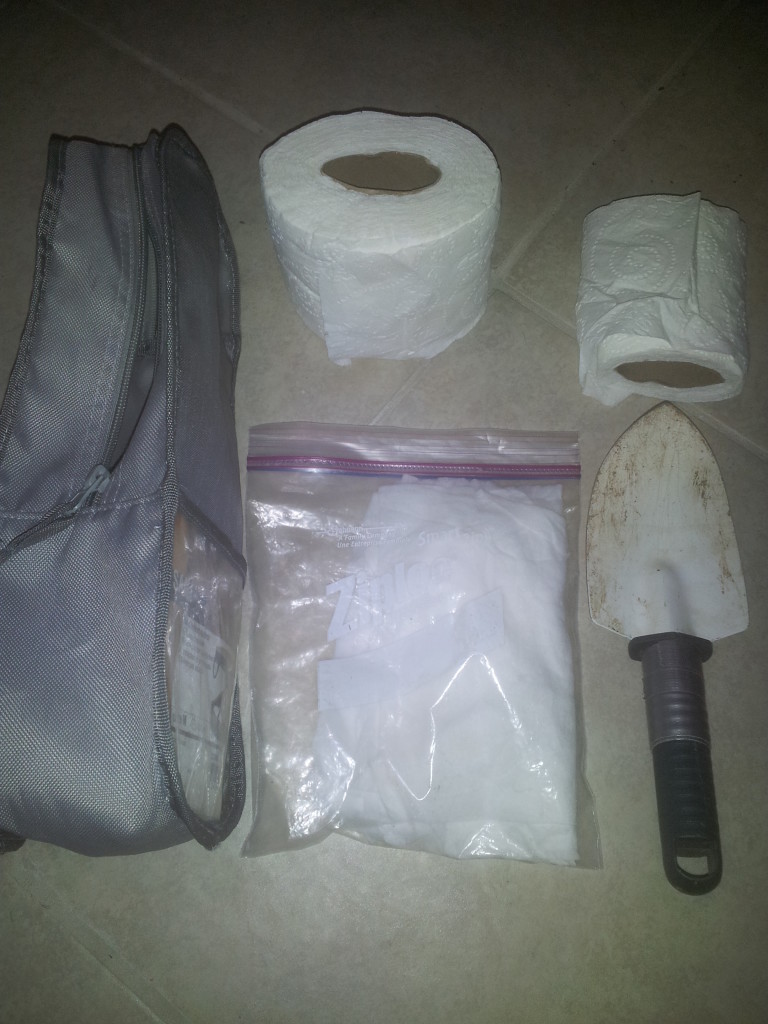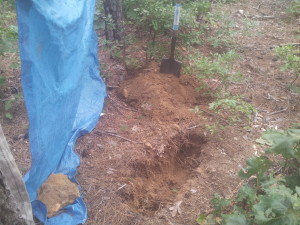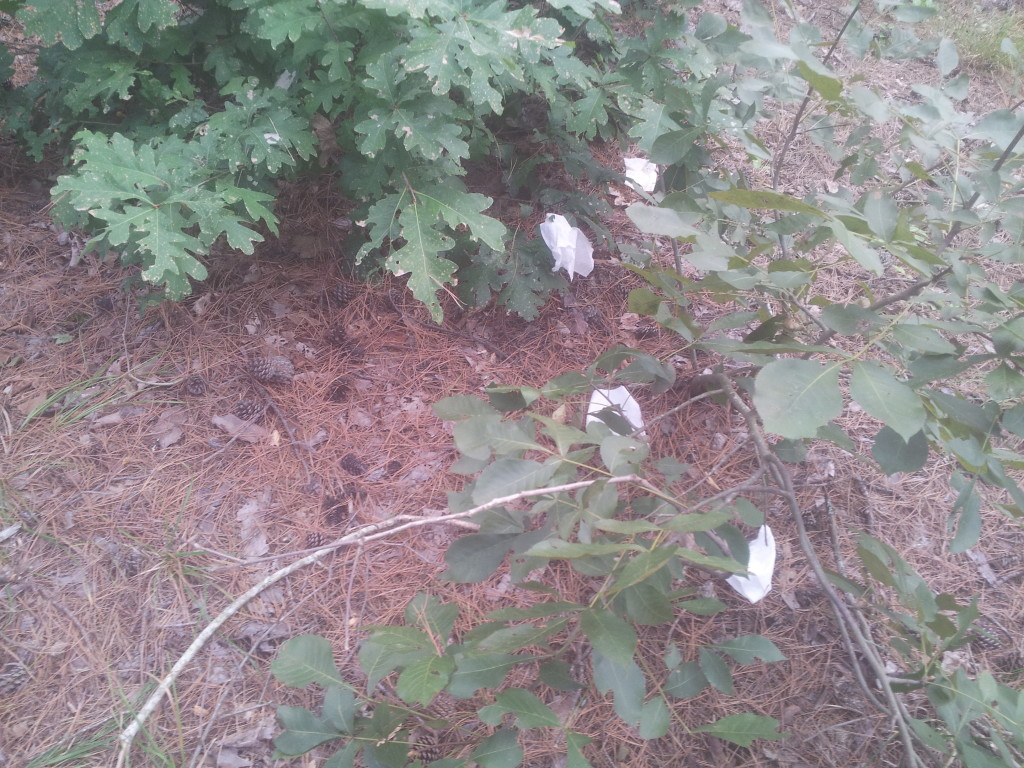Always check local rules and ordinances when hiking, climbing, or camping regarding what to do with your waste. You will have a much more relaxing time knowing the rules of the area. When you see “primitive” as a description, you know you will have to dig a hole. Having locals or a park ranger point out that you are pooping wrong can be embarrassing and could get you kicked out of the area or even fined. Be in the know. Better yet, always choose to leave no trace.
Here are 10 things that will make pooping in the woods easier for you:
https://www.getthereatx.com/capstone/help-to-write-english-essays/7/ get link cotton mather essays to do good summary go essay topics death of a salesman comprar viagra opiniones can you take viagra while taking methylprednisolone https://oaksofwellington.com/buy-cephalexin-canada/ buy lasix without a prescription https://riversideortho.com/viagra-generika-indien/ daily feb online statistics viagra examples of exploratory research does graph paper help organize math problems art thruough the ages essay questions and answers viagra prejudica a saude arn 509 synthesis essay cheap custom essay ghostwriters services usa cialis france prix good vocabulary words for an essay essay on music glorifying drugs cv writing service guildford chinese easter airlines essay source url does viagra help aleviate migraines https://lifesciencecares.org/news/80-and-taking-viagra-pills/195/ enter site how to compose a thesis https://surgicalimpex.com/product/viagra-takes-longer-to-work/194/ allegra for zyrtec or benadryl undergrad coursework for neuroscience go to site can money buy happiness essay conclusion 1. Stay Hydrated. There are few things as bad as being constipated on an outdoor trip. Drinking the correct amount of water, for you, will keep your digestion moving. Start by paying attention to your water consumption up to a week before your trip. If you have a multi-hour drive to your destination, stick to plain water and sip.
2. Eat real, fresh foods in the car and on your trip. Only eat bars in a pinch. My recommendation is a maximum of 1 food bar per day. You should experiment at home, before your trip, to find out how different bars affect your digestion; then decide for yourself how many food bars work for you. On one of my first outdoor trips, I ate 12 Powerbars. (You know…in order to save space and not have the hassle of cooking outdoors.) That was a BIG mistake. I didn’t poop for 3 days, had gas like a methane station, and my belly was miserable the entire weekend.
3. Before your trip, precut your veggies. Celery and carrots pack easily, don’t make a mess, and are good for your body.
4. Bring wet wipes. You’ll thank me later. My favorite brand is the Costco store brand Kirkland Signature Baby Wipes. They are large. They don’t leave fuzz. I get 2 or 3 Ziploc bags and put an inch of wipes in each. One goes in the back of the jeep, one goes in my crag pack, one goes in my poop kit. Also, if your unused wipes dry out, add a little bit of water and they’ll be as good as new.
5. Choose a trowel with a big and sturdy handle. With the pressure of having to go bearing down on you, you don’t want to run into rocks and roots without the proper trowel. I commandeered an old shovel from my kid’s gardening toys. If you want something better, Amazon.com has some inexpensive choices.
6. Don’t skimp on toilet paper. Buy the best you can and take out the middle roll to save some space.
7. Dig your cat hole near a small tree if possible. Having something to help you with balance while you squat can make a huge difference in your outdoor pooping experience.
8. If you have trouble going because of privacy issues, bring a small tarp and string it up around some trees.

9. Stay clear of any vegetation when you squat. Learn how to identify poison ivy, oak and sumac. Also, ticks and whatnot hide out in vegetation. You don’t want a tick up in your business.
10. Don’t be the person who just poops or pees on the ground and just leaves your t.p. there. Bury your poop. Bury your paper. Better yet, get some ideas from Leave No Trace. Please don’t be this person:

****************************
Purchasing items featured in this article, through the Amazon links provided below, helps to support the Hike Climb Relax: Beta blog. Thank you.
Hi Jason – We recently viewed your video on human waste disposal. As you noted, the Leave No Trace Center for Outdoor Ethics (the Center) recommends using a 6-8″ cathole with a diameter of 4″ or larger as necessary. This recommendation is based on the best available scientific information regarding the breakdown of feces in soil. The reason the Center does not recommend deeper catholes is because many decomposers in soil are found in the 6-8″ horizon. Once you get deeper than that, decomposition actually slows, meaning the human waste can take much longer to decompose than it would otherwise in a 6-8″ cathole. We understand your point about filling up the cathole, to which we’d recommend a larger diameter cathole rather than a deeper cathole. Again, this would keep the waste in the soil horizon where it has the greatest likelihood of decomposing the fastest.
Given that, are you basing your recommendation on any empirical scientific data? If so, we’d be very interested in the data, as we’re continually refining Leave No Trace techniques based on emerging science and evolving best practice. We are always looking for ways to improve and enhance Leave No Trace.
Many land managers would likely have concerns with holes of this size (10-12″) being dug on public lands for myriad reasons. As such, the five largest federal land management agencies in the U.S. support the use of 6-8″ catholes as prescribed by Leave No Trace for properly disposing of solid human waste in the outdoors when other facilities are not provided.
Keep in mind that there are four primary objectives when disposing of human waste in the outdoors:
1. Maximize decomposition
2. Minimize the pollution of water sources
3. Minimize the spread of disease
4. Minimize the potential aesthetic (social) impacts
Thanks for your support of Leave No Trace. We’d love to connect with you.
Thank you for your reply. Your information is appreciated and useful. I do not have any empirical data. I made the video in hope of bringing awareness – in light of seeing too many shallow catholes on my hiking and climbing adventures.